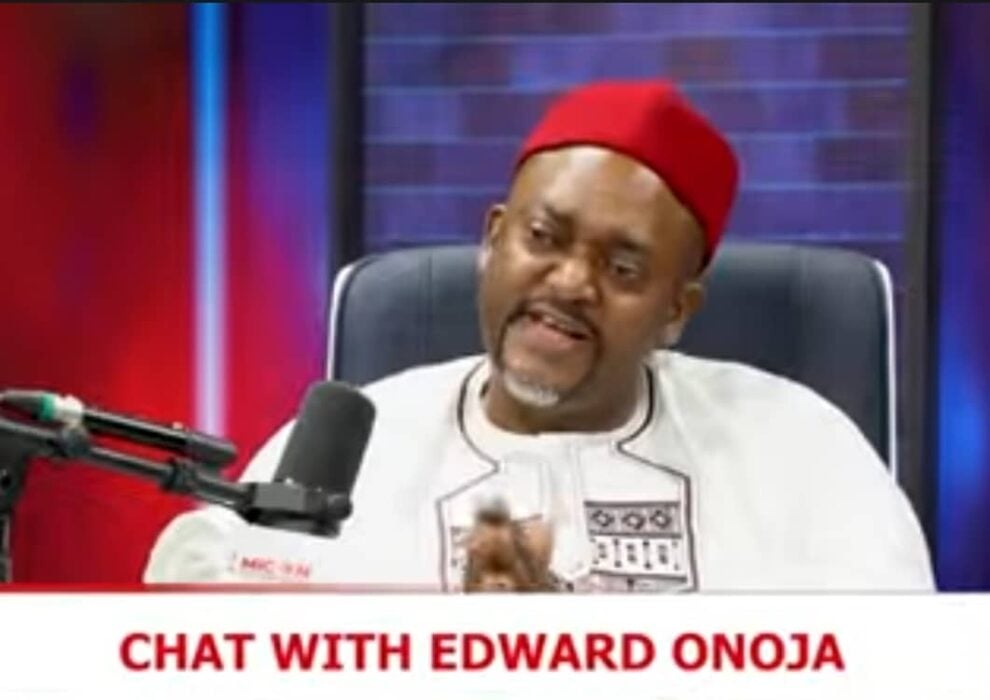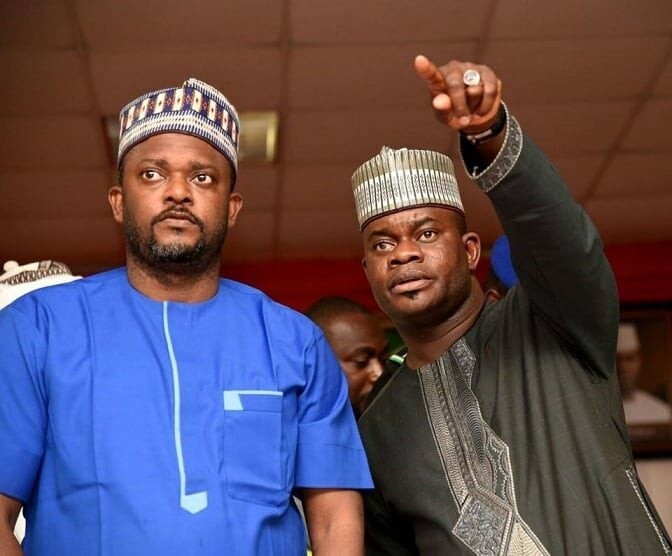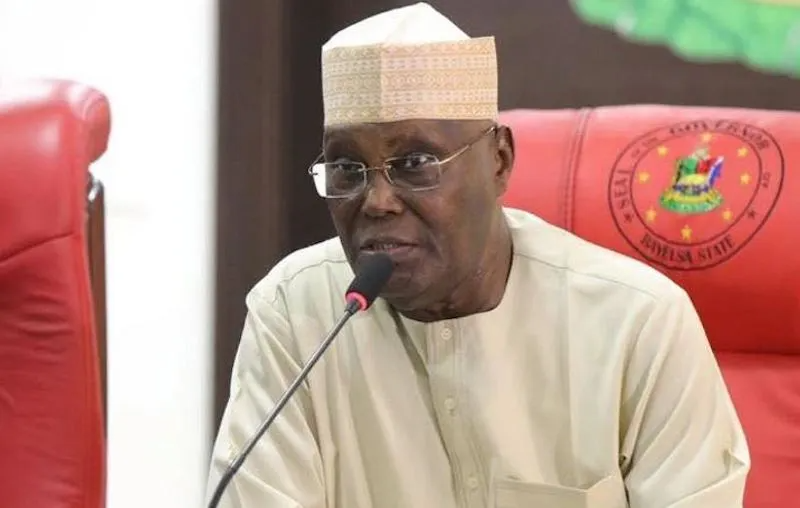Political Firestorm: Ex-Governor Bello Blasted for Blocking Natasha's 2023 Vote

Former deputy governor of Kogi State, Chief Edward David Onoja, widely known as CEDO, has openly described a key decision made by the then Governor Yahaya Bello administration as a significant political error. This candid admission specifically referred to the action taken to prevent Mrs. Natasha Akpoti-Uduaghan, who was the Peoples Democratic Party (PDP) senatorial candidate during the 2023 general election, from exercising her right to vote. Onoja shared this perspective during an appearance on the 'MIC On Podcast', which was published on Saturday night, offering a critical internal view of past political strategies.
Onoja further elaborated that the particular move against Akpoti-Uduaghan not only failed to achieve its intended objective but ultimately backfired against the administration. He asserted that the incident inadvertently boosted her popularity and generated considerable sympathy among the electorate in Kogi Central. The event in question, which gained significant public attention, occurred on the day designated for the National Assembly elections in 2023. On that day, Kogi State government-owned caterpillars were reportedly deployed to Mrs. Akpoti-Uduaghan's residence, where they were used to dig trenches. This action effectively blocked her access to her designated polling booth, preventing her from casting her ballot. Onoja, who served as deputy governor under Governor Bello at the time, deemed such a tactic unstrategic and ultimately counterproductive. He stated, “Yet again, you go back to Kogi Central. People are in charge of that region. But that is not politics to me; that is even making her popular, more loved. Unfortunately, that is not a strategy that would work. Rather, it will only build sympathy for the person you are doing it to, and the result showed. That was unstrategic.”
Addressing the question of why he did not advise Governor Bello against antagonizing Natasha Akpoti-Uduaghan at the time, Onoja maintained that he was entirely unaware of the specific plan to obstruct her voting. He firmly asserted, “If I was aware, I would not have sanctioned it.” Furthermore, Onoja vehemently denied any allegations linking him to electoral violence, a issue that reportedly characterized Governor Bello’s tenure. He emphasized that his personal political philosophy and methods were consistently built on principles of persuasion and fostering trust among the populace, rather than employing any form of coercion or brutality.
Onoja articulated his political style by explaining, “We were not brutal, using logic and convincing ability to tell people why they should go your way. On Election Day, they will go your way because they believe and trust in you.” As evidence of his approach, he pointed to his supervision in Olamaboro, his place of origin, where he claimed the electoral process was conducted excellently and without any violence. In response to claims that the United States had flagged irregularities in previous Kogi elections, Onoja steadfastly maintained that his name was never, and could never be, associated with such reports. He differentiated his methodology, which he described as “‘hi and convince people to bring them on board to vote for you,’” from other tactics he implied were less ethical, where the goal was to “get the numbers” by alternative means. Onoja concluded by reaffirming that persuasion, rather than coercion, defined his political approach, emphasizing that in the areas he oversaw, such forceful methods were consistently avoided.
You may also like...
WCQ Chaos: Chelle's Controversial Squad Decisions Spark Doubt for Lesotho & Benin Republic

Super Eagles coach Eric Chelle's squad selection for the 2026 FIFA World Cup qualifiers against Lesotho and Benin Republ...
Mystery Shrouds Newcastle: Eddie Howe's Unsettling Silence Sparks Speculation

Eddie Howe recounts the dramatic transformation of Newcastle United since its Saudi-led takeover, detailing the initial ...
Louis C.K. Sparks Debate: Comedian Praises Riyadh Festival as 'Positive Thing'

Louis C.K. and Bill Burr have publicly defended their performances at Saudi Arabia's Riyadh Comedy Festival, citing posi...
Global Cinema Shines: 'Omaha', 'Nino', and 'Sentimental Value' Dominate Jakarta World Festival

The Jakarta World Cinema festival concluded its fourth edition with a star-studded closing ceremony, announcing winners ...
Bad Bunny's 'El Chavo del Ocho' SNL Tribute Electrifies Fans

Bad Bunny hosted Saturday Night Live, where he paid a heartfelt tribute to the iconic Latin American show El Chavo del O...
Terror Threat Shuts Down Robbie Williams Concert: Star Sends Urgent Message to Fans!

Robbie Williams has canceled his Istanbul concert due to terror concerns and public safety worries, a decision influence...
Meghan Markle Stuns Paris Fashion Week, Fueling Family Feud Rumors!

Meghan Markle made a surprise debut at Paris Fashion Week, attending the Balenciaga show to support her friend and new c...
From Church Media Team to Forever Love: Oyin & Mayowa's Sweet Romance

Oyin and Mayowa's heartwarming love story began in church when Oyin joined the media unit, leading to a fateful introduc...




